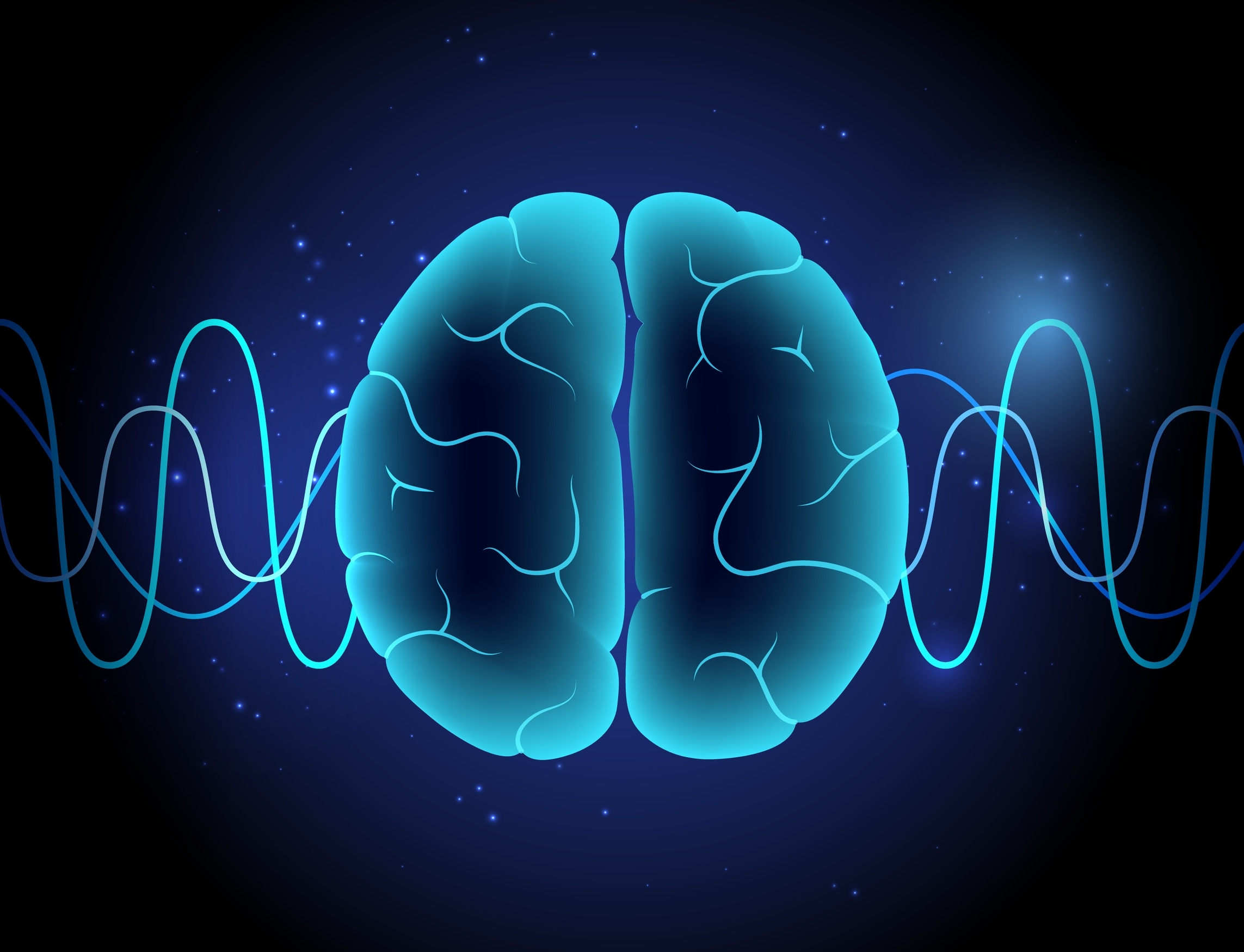All people experience stress or anxiety from time to time. To an extent, it is a normal part of life. But what happens when these emotions get out of control and start to overshadow your daily activities? To effectively overcome such difficult times, it is vital to understand how stress and anxiety affect your brain.
Stress and anxiety are not the same
It is important to note that stress and anxiety are not interchangeable terms. They have completely different meanings, although people often confuse one with the other as both phenomena have very similar effects on the body.
Physical symptoms
Stress is caused by an identifiable source, while anxiety can occur for no apparent reason or as a result of excessive stress. In those moments, feeling that tight knot in your stomach, or a weight on your shoulders or chest, or a feeling of crowding in your head, makes it hard for you to think clearly.
Brain chemistry
Beyond physical symptoms, how does stress and anxiety affect your brain chemistry? The parts of the brain that take center stage when stress or anxiety occurs are the amygdala – which acts as an intermediary between the parts of the brain that process our sensory experiences, making sure they signal (perceived) threats to the rest of the brain – and the hippocampus – responsible for creating memories of events and encoding the corresponding emotions. Sensing a threat triggers a stress response in the brain, releasing stress hormones like adrenaline and norepinephrine – both of which serve our immediate responses to danger – and the main stress hormone called cortisol, which takes a little longer time to start but nevertheless has a life-saving effect. Responsible for keeping us alert in situations where it is vital, this chain of reactions is a very healthy, essential part of life, and once the threat is over, your hormone levels return to normal. But the problem starts when a prolonged state of stress and anxiety prevails. When this happens, the body constantly produces cortisol, which can negatively affect the immune system, raising blood sugar levels with all the possible consequences.
Listen to your body
Living with constant stress and anxiety is not something to be ignored. It's tiring, difficult, overwhelming and never-ending – which makes sense given the fact that it takes a lot of energy from your body to maintain a constant state of survival. However, you can actually overcome it. Listen to your body's wake-up calls and take a few steps in the right direction to start improving your overall health. How to manage anxiety and stress.
Fortunately, there are many effective ways to manage stress and anxiety. Getting plenty of exercise in whatever form is best for you, from long walks to more vigorous activities, is highly recommended by experts. Exercise not only reduces stress hormone levels but also improves sleep quality. Various habits like practicing deep breathing, spending quality time with loved ones and choosing a nutritious, healthy diet can also work wonders. Another proven method for reducing stress and anxiety is Quantum Biofeedback therapywhich essentially teaches you to control your mental and physical responses based on real-time audio-visual feedback specific to your body. QX WORLD biofeedback systems feature a series of stress reduction protocols that provide rapid relief in just five sessions or less (on average).
Our goal is to help you become the best possible version of yourself.




